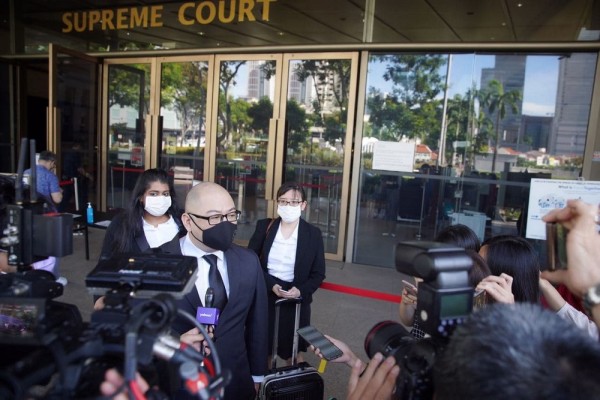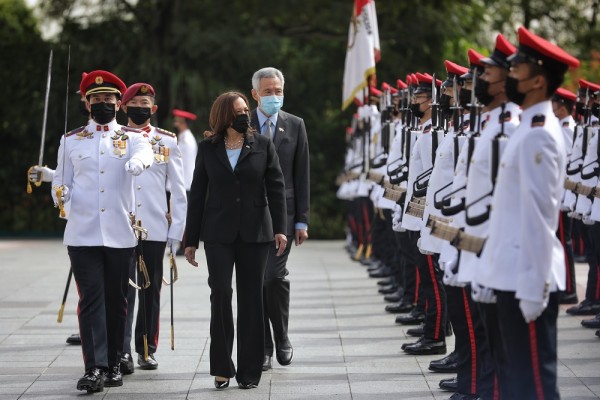Singapore should reverse the suspension of independent news website The Online Citizen (TOC), the IPI global network for press freedom said today.
On September 14, the Infocomm Media Development Authority of Singapore suspended TOC’s license, claiming that despite multiple reminders the portal had failed to declare its funding sources. Under the terms of the license suspension, TOC will not be able to punish new articles on its website or new posts on its social media channels. The outlet is also prohibited from operating any new licensable online broadcasting service.
IMDA has the power to cancel or suspend broadcasting licences under section 12 of the Broadcasting Act for violation of licence conditions. The authority can also impose a fine on the licence holders.
TOC says that the dispute is due to IMDA’s refusal to recognize TOC’s subscription programme as genuine.
“The sole consideration for not complying with the declaration is IMDA’s insistence to classify TOC’s subscribers (not exceeding U$100) as donors and providing their details to the agency”, Terry Xu, editor-in-chief of TOC, said in a statement provided to IPI.
According to Xu, TOC has not received any foreign funding nor would it receive such in the future.
“The IMDA does not wish to accept that the subscriptions are bona-fide despite evidence provided by TOC and as a result, require TOC to furnish the particulars of each subscriber as a donor. It also did not voice any concern in regard to our differential tier subscription back in 4 Aug 2020. We are still in the midst of considering our options, particularly challenging the decision to suspend its other digital platforms”, Xu added.
“Suspending the operations of a news outlet is an extreme step that directly violates the public’s right to access to news and information”, IPI Deputy Director Scott Griffen said. “IPI calls on the IMDA to reverse this disproportionate action. Subscriptions are a common business model for media around the world, and we are concerned that IMDA’s refusal to accept TOC’s subscription programme as genuine amounts to harassment of one of the few sources of critical news in Singapore.”
The suspension comes shortly after a court in Singapore awarded Singapore Lee Hsien Loong S$210,000 (€130,000) in compensation in a defamation case brought against Xu and TOC author Rubaashini Shunmuganathan. The case concerned an article published by TOC on a dispute between Hsien Loong and his siblings. In August, the Attorney General filed a contempt of court case against Terry Xu for publishing a blog post “Open letter to Singapore’s Chief Justice concerning omissions in ‘Opening of Legal Year 2021’ speech”.
Meanwhile, on September 13, Singapore proposed a new law in Parliament that could be used to stifle independent media. According to media reports the Foreign Interference (Countermeasures) Act, is aimed at preventing, detecting and disrupting foreign entities from interfering in domestic politics through hostile information campaigns and local proxies. If approved by parliament, the Act will empower the Minister of Home Affairs to take down content that is deemed to be hostile.
The provisions of the Act, if approved, could also be used to target independent news websites that reply on financial support from sources based outside Singapore.
In October 2020, the Singapore government enacted a law to combat “fake news”, which allows the government to direct social media platforms like Facebook and Twitter to attach warnings alongside disputed posts. The government could also direct the platforms to remove “objectionable” content and platforms could be fined up to SG$1 million (US $734,000) for failing to comply with the orders. The law also provides for a maximum of 10-year imprisonment for individuals found violating the Act.



